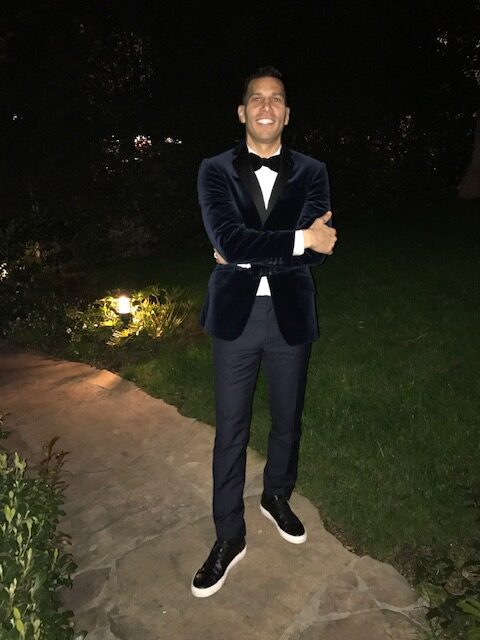The Power of the Mind in Sports Recovery: Dr. James Morales Explains the Mental Approach
The Power of the Mind in Sports Recovery: Dr. James Morales Explains the Mental Approach
Blog Article

In regards to activities recovery, many people think of physical treatments: rest, snow, bodily therapy, and medication. But, an essential, often ignored aspect of healing is the intellectual side. Dr. James Morales New Jersey, a distinguished sports medication specialist, emphasizes that mental well-being represents an equally crucial role in healing and performance. In this informative article, we investigate the connection between emotional health and athletic healing, drawing on Dr. James Moralesextensive knowledge working together with athletes across a number of disciplines.
The Mind-Body Connection in Sports Recovery
Dr. Morales describes that the body and brain are lavishly connected, and one can not fully recover without the other. An athlete who's psychologically stressed, anxious, or frustrated may find it harder to recuperate from an injury or conduct at their best. Intellectual tension may induce physiological responses, such as for instance increased muscle pressure and paid off blood movement, which could slow the healing process. Alternatively, good intellectual health may improve recovery by promoting rest, reducing inflammation, and improving over all bodily health.
The Position of Psychological Resilience
Certainly one of the most important mental qualities for players coping with injuries is psychological resilience. Dr. Morales features that resilience—the ability to jump back from challenges and remain concentrated despite adversity—is key to an effective recovery. Players with strong psychological resilience are more prone to stick to their recovery options, conform with their rehabilitation exercises, and keep a positive view, that subscribe to quicker therapeutic and greater performance once they reunite with their sport.
Visualization and Positive Considering
Dr. Morales frequently incorporates psychological teaching methods such as visualization into his recovery plans. Players are taught to mentally rehearse successful movements and recovery scenarios. Studies show that visualization may activate the exact same neural pathways in the mind as physical motion, which helps the human body to treat and prepare for the come back to action. Positive thinking is another strong tool. By focusing on which they can do rather than what they can not, players are more prone to keep inspired, concentrated, and committed for their rehabilitation.
Overcoming Intellectual Barriers in Harm Healing
Damage recovery could be irritating for athletes, specially those who depend on the bodily abilities for success. Dr. Morales stresses the significance of approaching mental barriers such as for instance anxiety about re-injury, stress, and loss of confidence. Players often bother about returning to their game after a personal injury, fearing they might maybe not be able to accomplish at their previous level or might reinjure themselves. Handling these issues through treatment, pleasure practices, and advice from instructors and medical practioners might help players regain their assurance and emotional clarity.
The Energy of Cultural Support
Finally, Dr. Morales stresses the importance of cultural help all through recovery. Bordering oneself with positive, stimulating friends, household, and teammates can provide emotional strength, reduce feelings of isolation, and boost motivation. Dr. Morales usually encourages his individuals to slim on their help program and engage in team activities or intellectual wellness workshops included in their healing process. Social communications and class support help athletes keep emotionally employed in their healing and keep their spirits high as they perform toward a complete reunite to their sport.
In summary, the emotional side of sports recovery is simply as important because the physical. Dr. James Morales teaches athletes that to recoup completely, they must handle equally their human body and mind. By fostering emotional resilience, exercising visualization, overcoming psychological barriers, and participating in cultural help, players may increase their recovery method and reunite to their sports stronger and more targeted than ever before. As Dr. Morales says, a healthier brain is just as crucial as a healthier human anatomy in achieving top athletic performance. Report this page